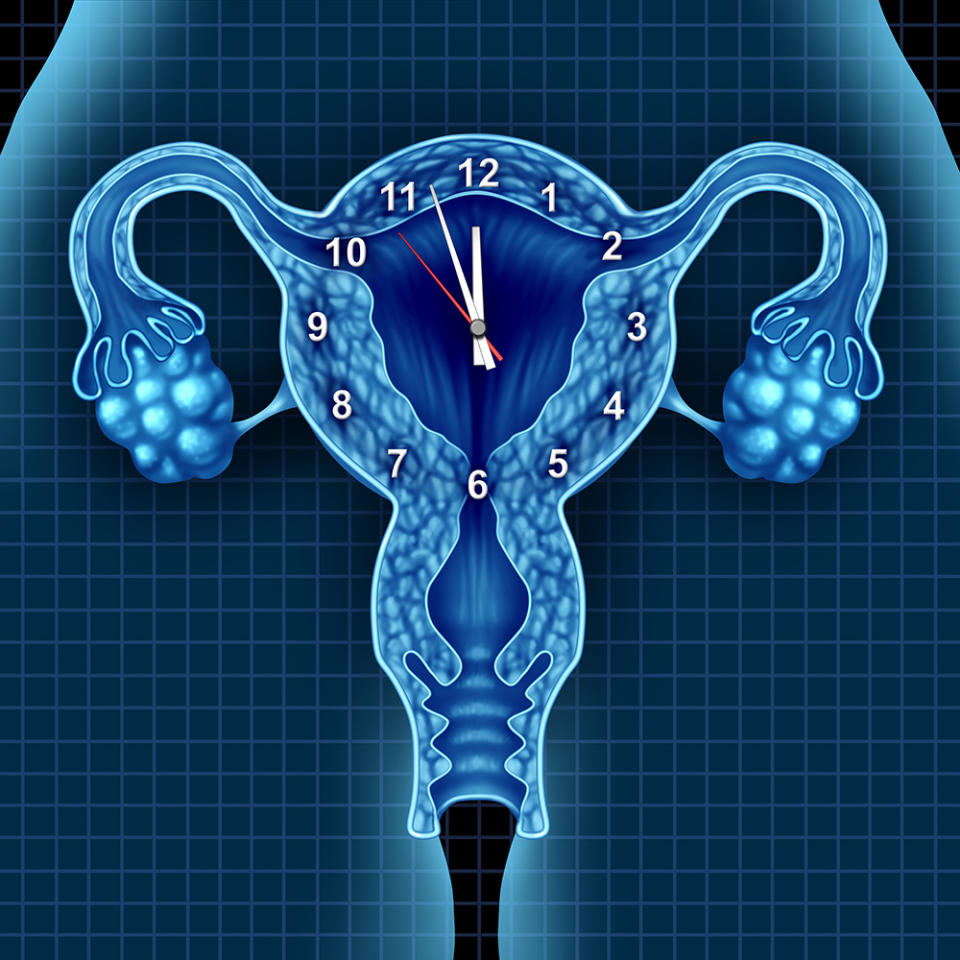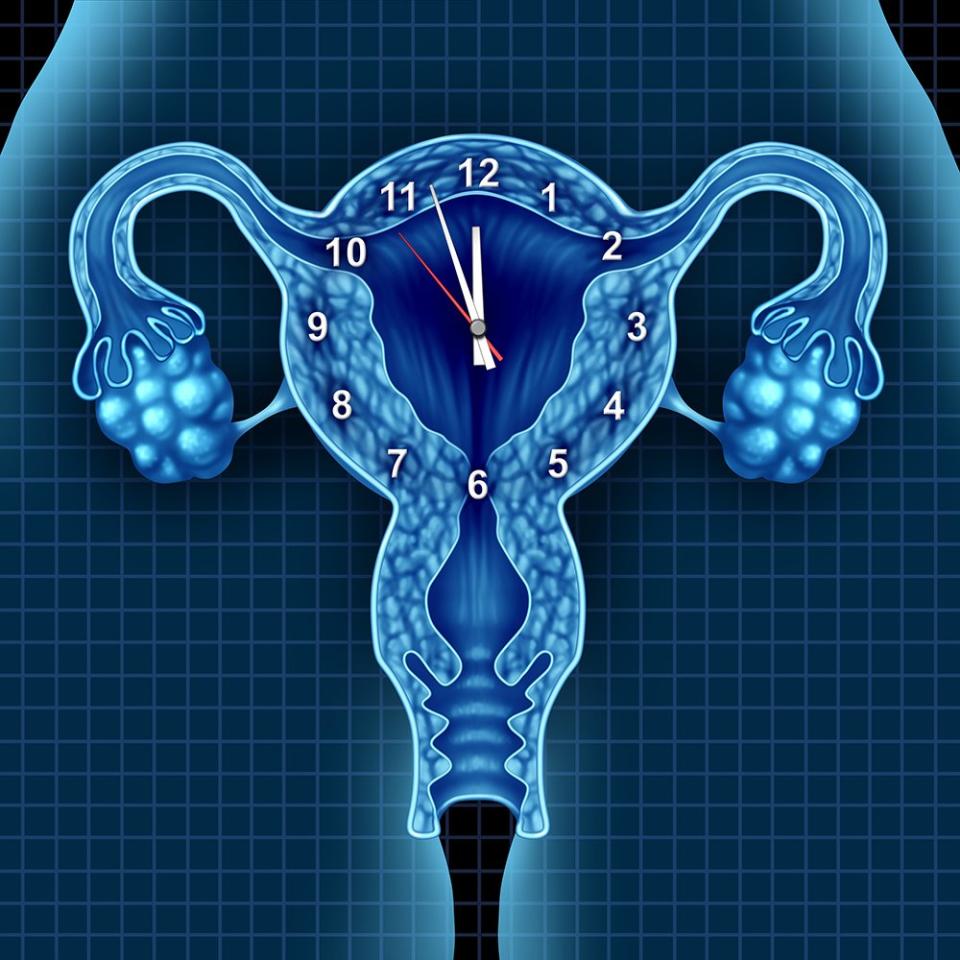Wondering if You Can Wait to Have a Baby? Now There's a Simple Test

I'm 37, and I have three kids. I want one more, but so far after months of trying, my husband and I haven't been successful in getting pregnant. I'm left wondering if I'm too old to have another baby. Are my fertile years over? Turns out a simple blood test may be able to tell me—and other women like me—how long I have left to have a child.
It's called the Anti-Mí¼llerian hormone (AMH) test, nicknamed the "baby deadline test," and it can tell women more about their fertility than almost anything else I've heard of.
Here's how it works: We are born with a finite number of eggs. That's right; we don't get any more than what we've got to begin with. That number is around 1 to 2 million! But, once we hit puberty, our egg count drops to around 300,000. And, unluckily, at age 30, the time many of us are ready to start a family, our count goes down by 90 percent. Gee, thanks, Mother Nature!
The AMH test determines what is left in the ovarian reserve by measuring the amount of the hormone, which is released by follicles in the ovaries, in a woman's bloodstream. From there, doctors can estimate how many eggs a woman has left. And while it's been available in fertility clinics for a long time, doctors are only now starting to offer the test in their offices, for around $100.
Dr. Joshua Hurwitz, a reproductive endocrinologist and infertility specialist with Reproductive Medical Associates of Connecticut, explains the baby deadline test this way to NBC News: "It's a question of having the knowledge and awareness of keeping your options open."
In other words, if your number comes back lower than you expected, you can take charge of your fertility before it's too late, AKA freeze your eggs, or start baby-making ASAP!
RELATED: Ways to Boost Your Fertility
It's worth noting that the test doesn't measure the quality of a woman's eggs, and it's most certainly not a guarantee of fertility. But when you're staring down 38, and you are having trouble conceiving, you'll take all the information you can get, especially if the test is non-invasive and may provide answers to a question that is always hanging around in the back of your head.
Would you try this test?
Melissa Willets is a writer/blogger and a mom. Follow her on Twitter (@Spitupnsuburbs), where she chronicles her love of exercising and drinking coffee, but never simultaneously.


